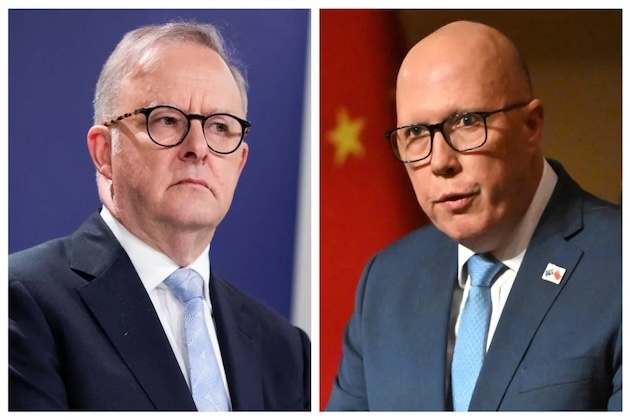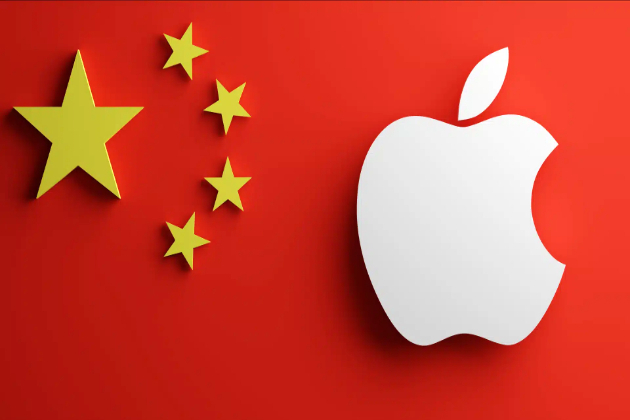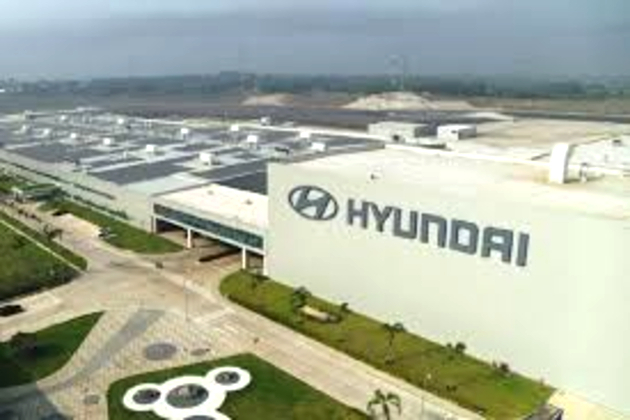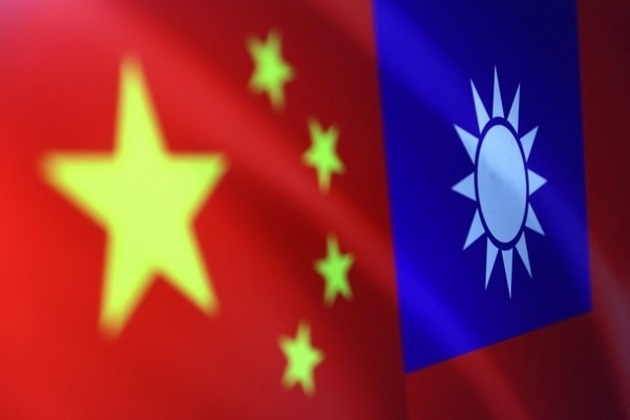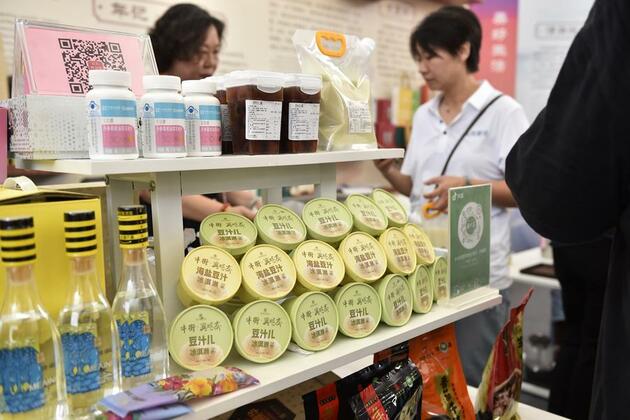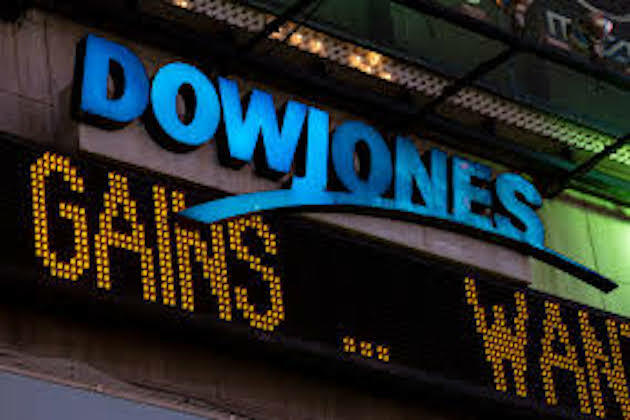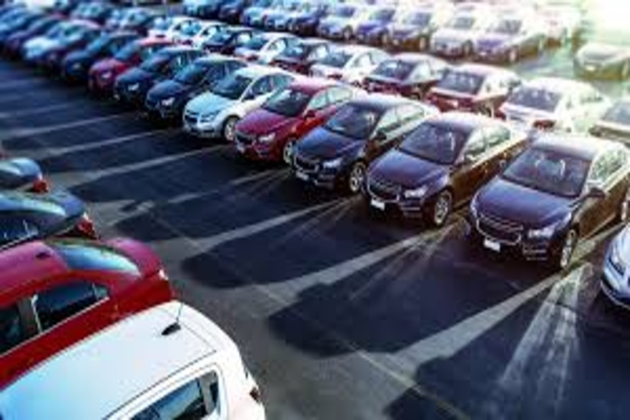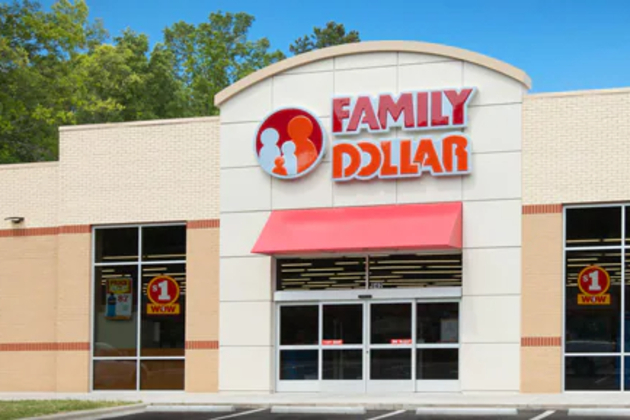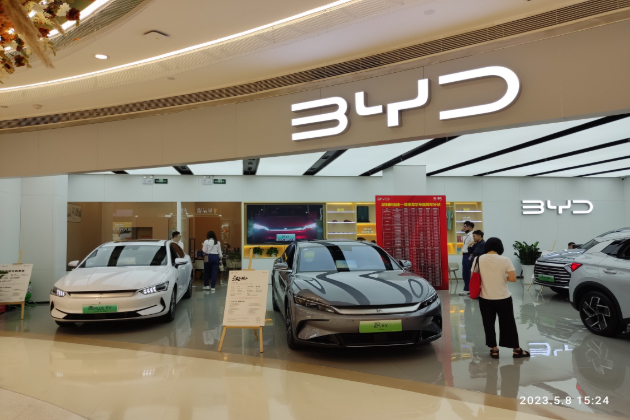EU Faces Crossroads On Russia Sanctions As Rubio's NATO Debut Looms
RFE
01 Apr 2025, 13:33 GMT+10
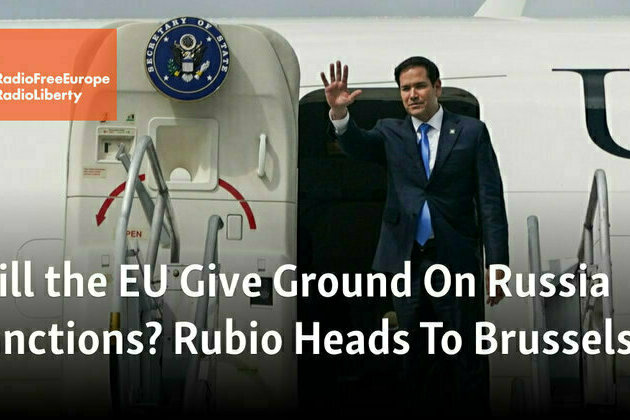
Welcome to Wider Europe, RFE/RL's newsletter focusing on the key issues concerning the European Union, NATO, and other institutions and their relationships with the Western Balkans and Europe's Eastern neighborhoods.
I'm RFE/RL Europe Editor Rikard Jozwiak, and this week I am drilling down on two issues: When Russia could get sanctions relief and Marco Rubio's first NATO ministerial.
Briefing #1: EU Won't Lift Sanctions On Russia -- Yet
What You Need To Know:In recent weeks, the United States, Russia, and Ukraine have been sketching out cease-fire frameworks: one aimed at protecting energy infrastructure like power plants and transmission lines and another focused on reducing military activity in the Black Sea.
One of Moscow's big asks has been publicly communicated: sanctions relief. In a Kremlinstatementissued after the Black Sea cease-fire agreement on March 25, Moscow declared it would only observe the deal if the West partially lifted sanctions imposed following its full-scale invasion of Ukraine more than three years ago.
This demand includes lifting restrictions on fertilizer exports and the insurance companies that cover them, as well as reconnecting several Russian banks to the SWIFT global payment system.
Several EU leaders have already dismissed Moscow's request, most notably during a March 27meeting in Paris, where top officials from more than 30 countries gathered to discuss security guarantees for Ukraine.
When I spoke with numerous European diplomats, they all pointed out that the White Housestatementreleased the same day made no mention of sanctions relief.
As one EU ambassador put it to me, referring to the recent cease-fire talks in Riyadh: "No deal was made on this in Saudi Arabia, so therefore nothing to decide for us."
Deep Background:The Europeans have obviously not been present at the cease-fire talks, but they do have a rather large say on Russia sanctions.
SWIFT is a Belgian company, for starters, and the EU has "de-SWIFTed" 23 Russian banks so far, including big ones such as Sberbank and Bank Otkritie.
They are also aware that Russia's trade relations with Europe run deeper than they do with the United States.
Even before the full-scale invasion, US exports to Russia amounted to less than 0.5 percent of total American worldwide exports. For the EU, that figure was 6 percent, which is equivalent to 250 billion euros ($272 billion).
So, when wide-ranging EU sanctions were imposed, it hit Moscow harder. The EU's sanctions czar, David O'Sullivan, estimates that restrictive measures have deprived Russia of more than 450 billion euros ($490 billion) in revenue since early 2022.
So, are the Europeans considering even a partial easing of sanctions on Russia?
The answer I consistently hear is a simple "no" or "we will decline this."
Officials point to Russia's ongoing drone and missile attacks on Ukraine, as well as the conclusions of a recent EU gathering, which signaled a potential ramping up of measures rather than a relaxation of pressure. As the Main Results of the March 20European Council meetingon Ukraine put it: "The European Union remains ready to step up pressure on Russia, including through further sanctions and by strengthening the enforcement of existing measures."
The European Commission has not yet invited EU member states for so-called sanctions confessionals to discuss a new sanctions package, which would be the 17th in three years, but they are looking into things like closing sanctions circumvention loopholes.
Drilling Down
- The conclusions of the European Council meeting on March 20 were approved by 26 out of 27 EU member states. The one not aligning? Hungary, which for a long time has beencritical of EU sanctions.
- This is significant for one reason: lifting EU sectoral sanctions requires unanimity, and that simply doesn't exist right now. As noted above, many member states are calling for more sanctions, not fewer. But here's the catch: Every six months, in January and July, the entire sanctions package must be extended -- and that also requires unanimous approval.
- It is here where Hungary, and potentially others, might want to come in and start scaling down. In January, Budapest was threatening the entire rollover and only gave the green light aftergetting written assurancesthat Russian oil would continue to flow into Hungary.
- EU diplomats I've spoken to are already fearing what the July sanctions extension might look like and what concessions they may have to make to secure a rollover as a whole.
- The regular EU summit at the end of June will likely involve intense horse-trading on this, with Hungary eyeing more frozen EU funds for itself and several member states eager to launch EU accession talks with Kyiv by the summer -- a move Budapest has blocked so far.
- De-SWIFTing some banks and allowing Russian fertilizers into the bloc again are obviously low-hanging fruit in this regard. But this will, of course, depend on what the situation looks like on the ground in Ukraine at that time.
- One thing is clear, however: Despite immediate rejections from European diplomats, Moscow has planted a seed. As one European diplomat put it to me: "I believe it is a smart salami method the Russians have started here. Already into the cease-fire talks, they bring far-reaching demands that, in fact, belong more in a comprehensive peace deal discussion. It should be us this time who are 'transactional' and give this powerful tool away only for a fair price."
- So what could this fair price be? In a sense, European officials will look to Kyiv to provide the answer. But according to those I've spoken with, the contours could include limited sanctions relief in exchange for freezing the front lines, no recognition of occupied territories as Russian, and continued Western military deliveries to Ukraine, with the snapback option of sanctions if breaches occur. The question is whether Brussels and Kyiv can get Moscow to agree to such a deal and what the United States will think of it.
Briefing #2: Rubio Comes To Brussels
What You Need To Know:On April 3-4, NATO foreign ministers will gather in Brussels for their regular spring meeting.
Much like the defense ministerial in February, all eyes will be on the American representative. Then, it was Defense Secretary Pete Hegseth; this time, it's Secretary of State Marco Rubio.
When Rubio was first slated for the role in the new Trump administration, most Europeans rejoiced. He was seen as an ardent "transatlanticist."
Now, there is a certain nervousness, according to NATO diplomats I have spoken to.
While some say, "He still gets us and the alliance," they wonder what influence he really has within the US government and what he will say when it comes to Ukraine, Russia, and China.
Two things, however, are apparent.
Just like Hegseth, Rubio will hammer home the message that European allies need to step up on defense spending and burden sharing.
And, just like in February, the allies will hope that the United States reconfirms its commitment to NATO and its mutual defense clause, Article 5.
Since the only other NATO gatherings before the alliance's June summit are an informal foreign ministers' meeting in Turkey in mid-May and a defense ministers' session in early June, this week's meeting serves very much as a dress rehearsal for the summit in The Hague on June 24-26.
The goal for that meeting is clear: Keep the alliance together by ramping up defense spending considerably.
NATO Secretary-General Mark Rutte is pushing for every ally to commit to spending at least 3.7 percent of gross domestic product on defense as quickly as possible and with regular progress reports.
This push is aimed at placating US President Donald Trump at the summit, but some European allies will be reluctant to commit too much on defense too soon given they are struggling with low growth and ballooning budget deficits.
Deep Background:Perhaps the one thing to look out for during the ministerial is the session devoted to NATO-EU relations, with the latter being represented by the European bloc's foreign policy chief, Kaja Kallas.
Rubio snubbed Kallas when she traveled to the United States earlier this year, and all EU diplomats I have spoken to admit that Washington doesn't see the EU as a serious interlocutor.
There is also plenty of tension, not least when it comes to the European Commission's latest defense spending proposal: a potential 150 billion euro ($163 billion) loan for EU member states to buy arms, though not from non-European countries. The United States is especially wary of any moves that would lock it out of a European defense-spending splurge.
But the biggest irritant, of course, is the fraying relationship on trade.
Just one day before the NATO meeting, the United States is set to impose a 25 percent tariff on all vehicle imports, a move that will hit countries like Germany especially hard. This follows existing US duties on European steel and aluminum, which Brussels is planning to counter with retaliatory measures on April 13.
Drilling Down
- Another guest at the ministerial is Ukrainian Foreign Minister Andriy Sybiha. An update on the situation on the battlefield is expected but, again, it will be Rubio who is in the spotlight. Will the United States increase pressure on Russia in case the cease-fire deals concerning infrastructure and Black Sea traffic aren't holding?
- While Ukraine's membership in the alliance is off the table for now, most European allies are keen to at least get assurances that US weapons will continue to go to Ukraine and that NATO's training mission for Ukrainian soldiers, NSATU, continues to operate. So far, everything is still working. There also haven't been any changes when it comes to US troop posture on NATO's eastern flank.
- What has changed, however, is that the United States is no longer chairing the Ukraine Defense Contact Group, known as the Ramstein group, which coordinates military support for Kyiv. The United Kingdom already chaired the last meeting of the group in February, and the next one tentatively scheduled for April 11 could be co-chaired by the UK and France.
- Expect London and Paris to also continue working, at least on the sidelines of the ministerial, on a potential reassurance force in Ukraine should a permanent cease-fire take hold. However, details such as troop numbers, participating countries, and the exact mandate will have to remain sketchy for now.
- What's become increasingly apparent is that work on a new NATO strategy for Russia has stalled. The strategy -- defining how the alliance should engage with Moscow going forward -- was supposed to be endorsed at the Hague summit. But Washington has indicated that it wants to avoid introducing potential "irritants" on the path to a final peace deal, and such a strategy document could be exactly that.
- Finally, the foreign ministers of NATO's four Asia-Pacific partners -- Australia, Japan, New Zealand, and South Korea -- will also be participating in a session at the explicit request of the United States. While the US administration sees Beijing as a rival, its public criticism of China has so far been relatively muted. In this session, ministers will be keen to hear Rubio's take on how to approach a range of China-related issues.
Looking Ahead
Look out for the first ever EU-Central Asia leaders' summit in Samarkand, Uzbekistan, on April 4. European Council President Antonio Costa and European Commission President Ursula von der Leyen will meet with the presidents of Kazakhstan, Kyrgyzstan, Tajikistan, Turkmenistan, and Uzbekistan to discuss issues that include energy cooperation, Russian sanctions circumvention, and expanding trade opportunities.
That's all for this week! Thank you all for your wonderful feedback onlast week's issue.
Feel free to reach out to me on any of these issues @RikardJozwiak, or on e-mail [email protected].
Until next time,
Rikard Jozwiak
If you enjoyed this briefing and don't want to miss the next edition subscribehere.
 Share
Share
 Tweet
Tweet
 Share
Share
 Flip
Flip
 Email
Email
Watch latest videos
Subscribe and Follow
Get a daily dose of Japan Herald news through our daily email, its complimentary and keeps you fully up to date with world and business news as well.
News RELEASES
Publish news of your business, community or sports group, personnel appointments, major event and more by submitting a news release to Japan Herald.
More InformationAsia Pacific
SectionSurvey shows ALP would win Federal election if held now
MELBOURNE, Victoria - If a federal election were held today, the Australian Labor Party (ALP) would be re-elected with an increased...
Japan’s cherry blossom season officially begins in Tokyo
TOKYO, Japan: This week, Japan's cherry blossom season officially began as experts confirmed the first blooms in Tokyo. A specialist...
China reassures Apple CEO Tim Cook amid geopolitical tensions
BEIJING, China: As global tech firms navigate rising geopolitical tensions, China has extended a warm signal to Apple, one of its most...
Hyundai to invest $20 billion in US, build steel plant in Louisiana
WASHINGTON, D.C.:/SEOUL: Hyundai Motor Group is set to dramatically expand its U.S. footprint, with a US$20 billion investment that...
Taiwan cracks down on CCP's propaganda push using Taiwanese entertainers
Taipei [Taiwan], April 1 (ANI): Taiwanese entertainers residing in China who violate cross-strait regulations or collaborate with the...
China's time-honored brands rewrite recipes for success
This photo taken on Sept. 5, 2023 shows boxes of douzhi-flavored ice cream exhibited at the exhibition hall of Beijing time-honored...
Business
SectionCoffee prices set to soar as bean costs and supply woes mount
LONDON/NEW YORK CITY: A cup of coffee could soon cost you a lot more. Roasters worldwide are warning of double-digit price hikes as...
U.S. stocks close mixed Monday on eve of trade war escalation
NEW YORK, New York - Industrial stocks advanced while the tech sector was under considerable prressure Monday as Liberation Day, approaches....
Global automakers face disruption as US tariffs set to take effect
BERLIN/DETROIT: Automakers worldwide are bracing for the impact of sweeping new U.S. tariffs that could reshape global vehicle production...
Dollar Tree sells Family Dollar in $1 billion exit deal
CHARLOTTE, North Carolina: Dollar Tree is cutting ties with its struggling Family Dollar chain in a US$1 billion deal that marks the...
BYD aims to double overseas EV sales to 800,000 in 2025
SHANGHAI, China: As global demand for electric vehicles continues to rise, China's BYD is looking to double its overseas sales to over...
To meet US AI energy surge, Schneider Electric invests $700 million
ANDOVER, Massachusetts: As artificial intelligence drives up energy demand across the United States, Schneider Electric is making a...

